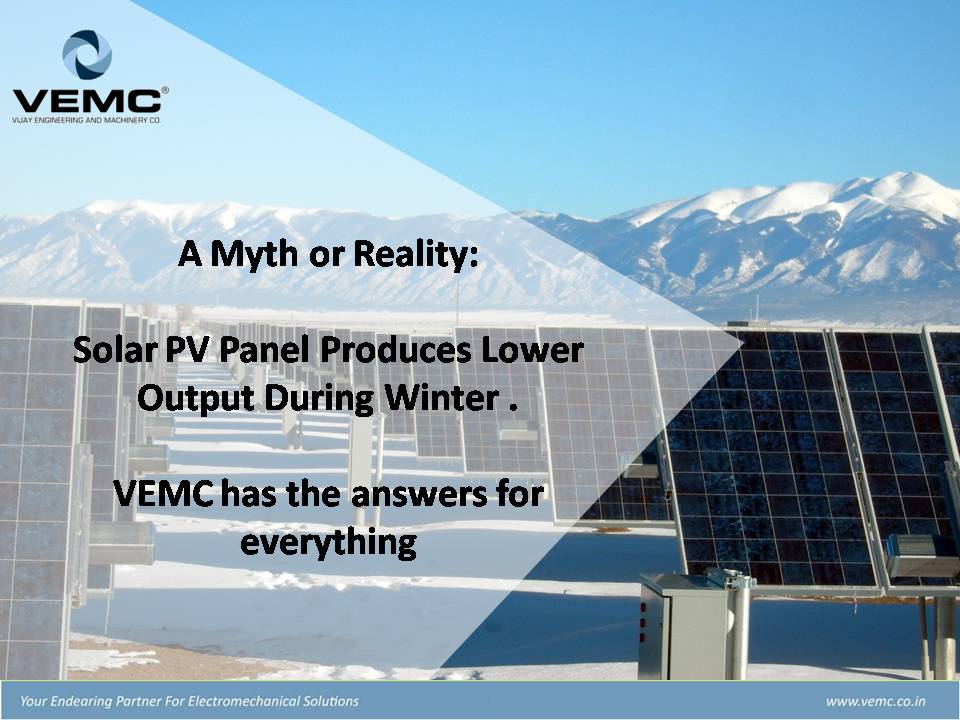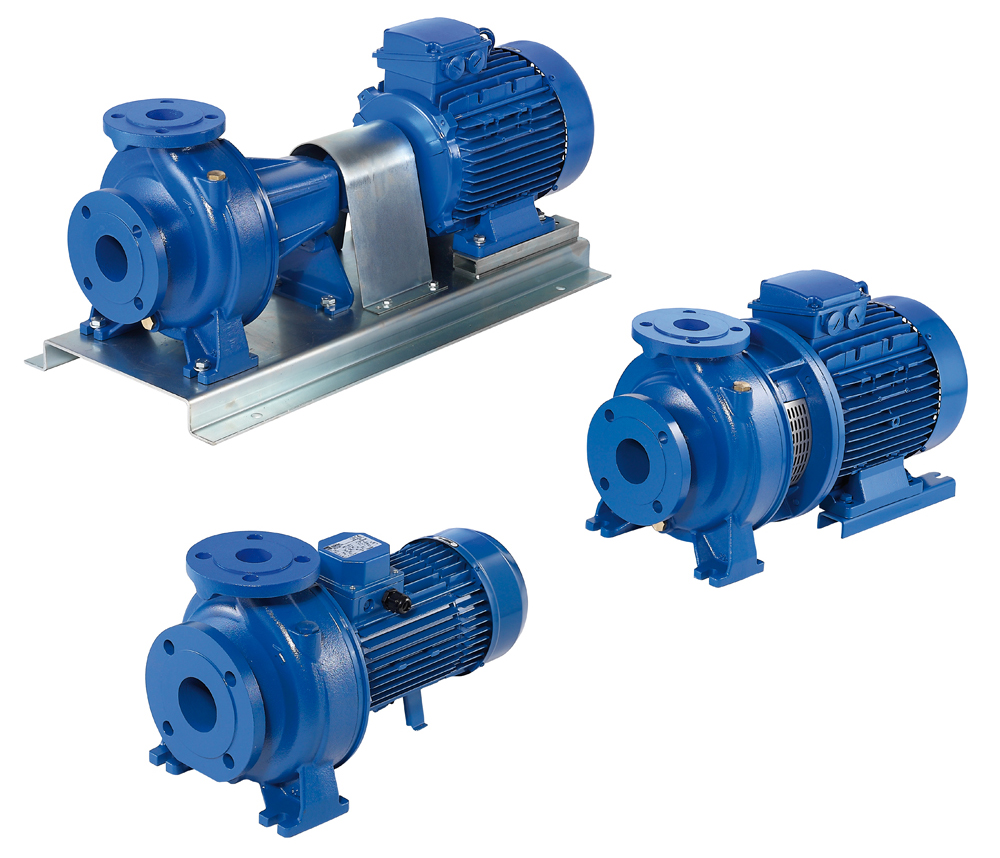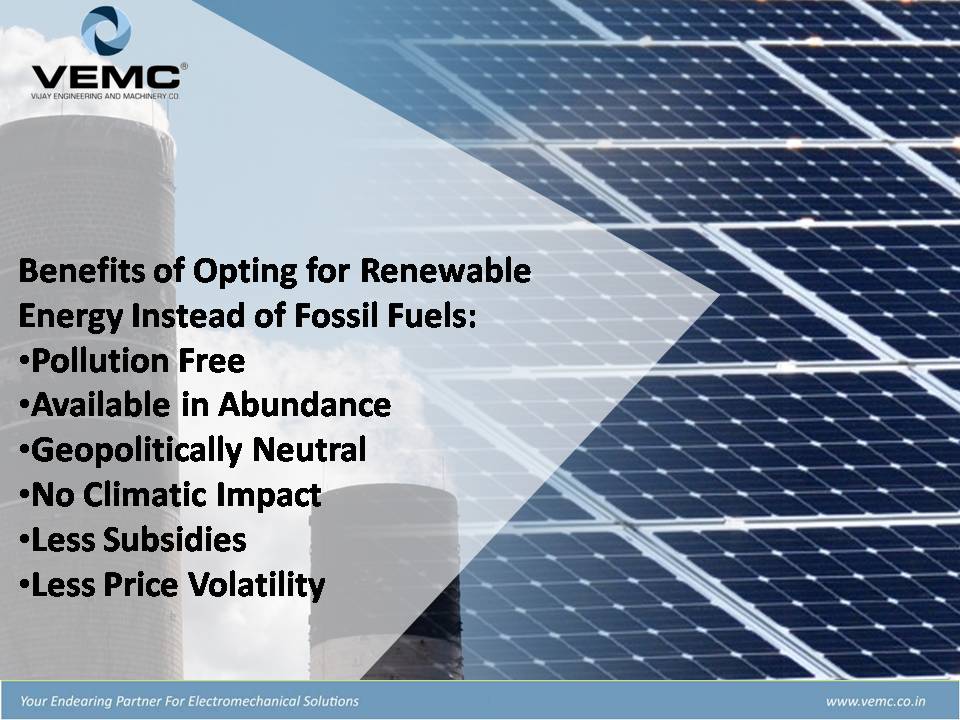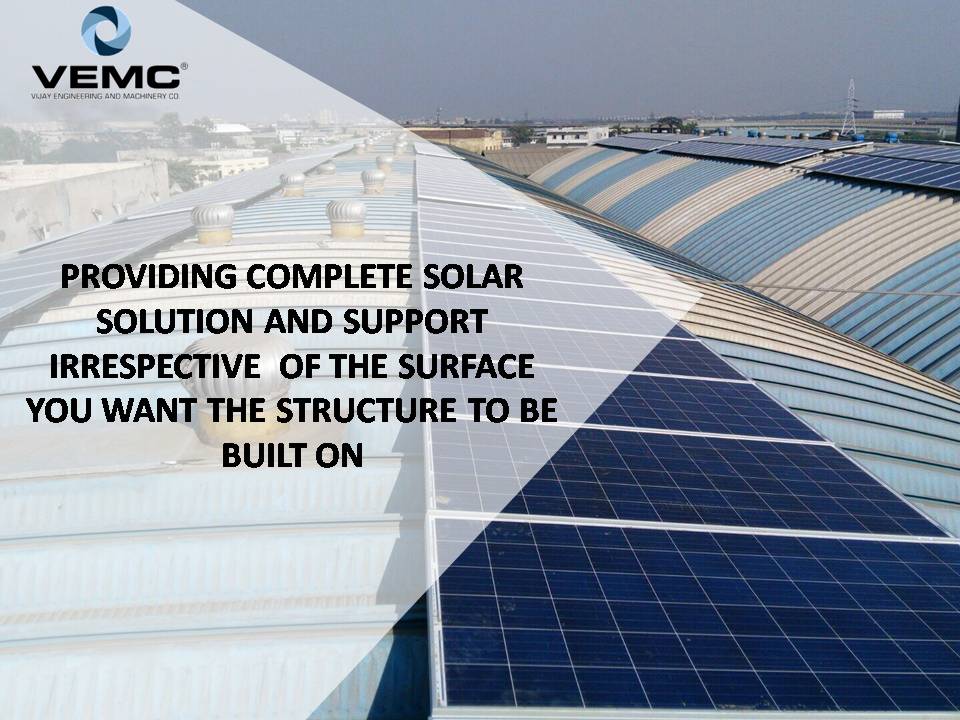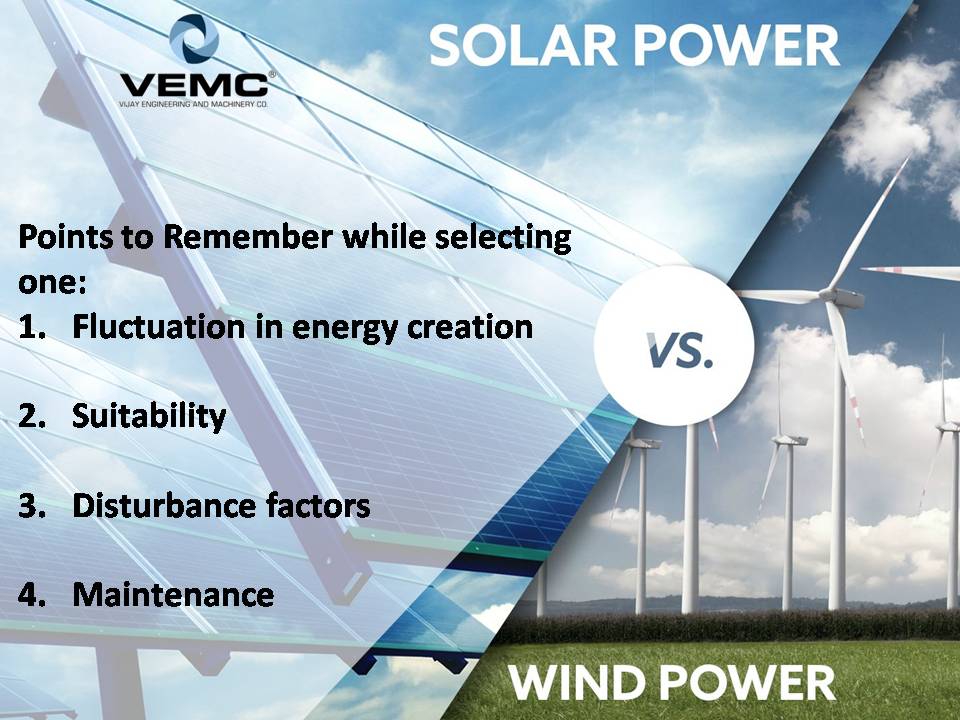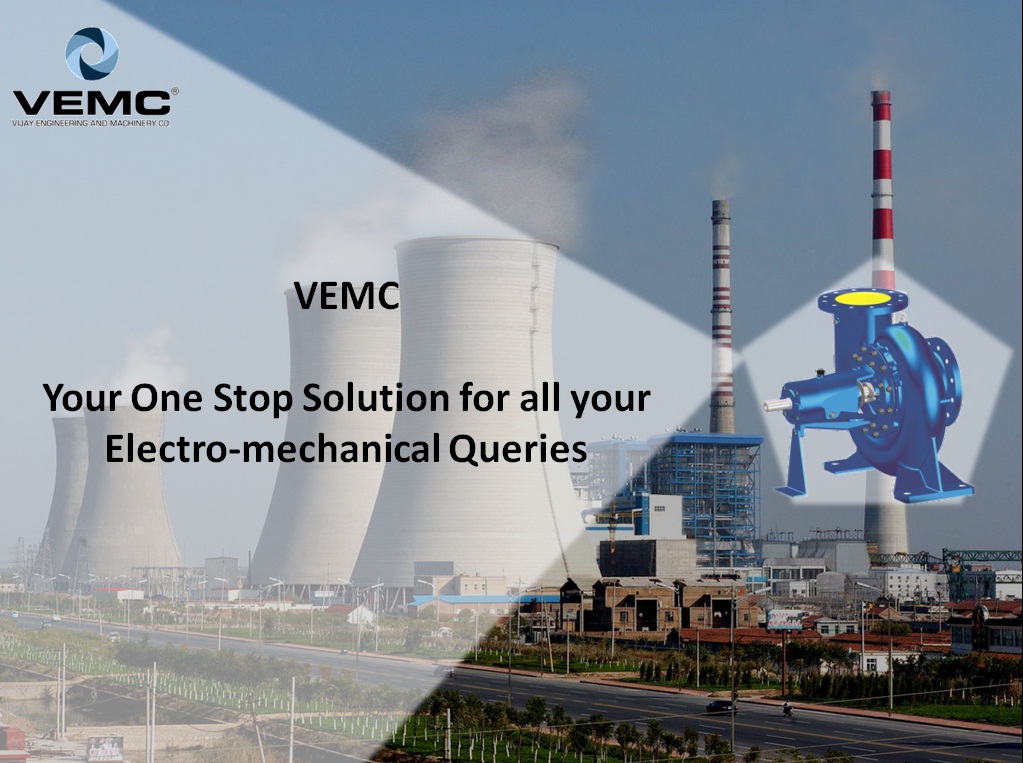
When you think about a pump’s mechanism, one of the first things you’ll imagine is a rotating impeller. It’s an important component of water pumps and it facilitates smooth operation.
But what if you notice your impeller rotating backwards?
Will it stop working? Will it pump water in the opposite direction? No and no.
When a centrifugal pumps impeller rotates in the inverse direction, the flow of fluid through the pump isn’t reversed. However, the pump’s efficiency will drop significantly and you’ll notice that the flow is hindered. So, while it may not bring the pump to a halt, it’ll definitely not continue functioning like it normally would. The impeller design and the angles given to vanes are specific in achieving some crucial hydraulic characteristics which are plotted on the pump performance curve. If at all the pump rotates in reverse direction it will not produce the same curve means all the parameters of pump such as pressure, flow, efficiency and power consumption would be hampered.
Can it harm my pump?
So, we’ve established that backwards-rotating impellers will still work. But can they potentially damage your pumps? That depends.
In some submersible pumps, the impellers may be screwed onto the mechanism, which means they run the risk of getting unscrewed if they rotate in the opposite direction. This can cause significant damage to your pump. In worse cases, if the mechanical seal is breached as a result of damage to the pump, it may even cause injuries.
What can you do to prevent this?
When you’re installing your pump, do a quick test to see if the impeller is rotating in the correct direction before you put it to use. Also, get in touch with our technicians for assistance and maintenance if you ever notice the pump’s flow reducing.
Vijay Engineering and Machinery Company is among the best pump dealers in Mumbai for Kirloskar pumps. Having assisted industries for decades, VEMC is dedicated to ensuring that once you buy our products, you never have to worry about them. Pump trouble? Click here to contact us and we’ll get it fixed in no time!


